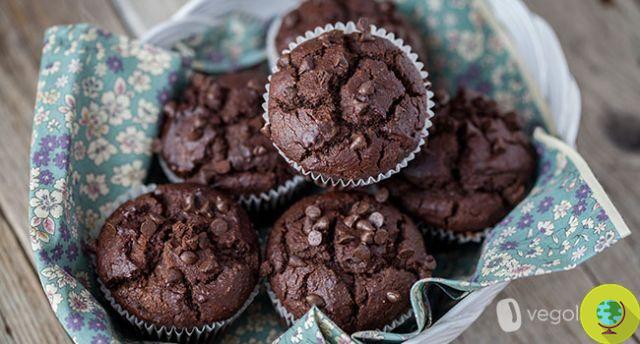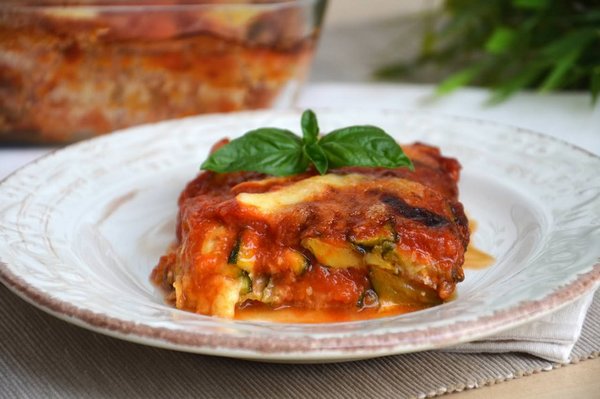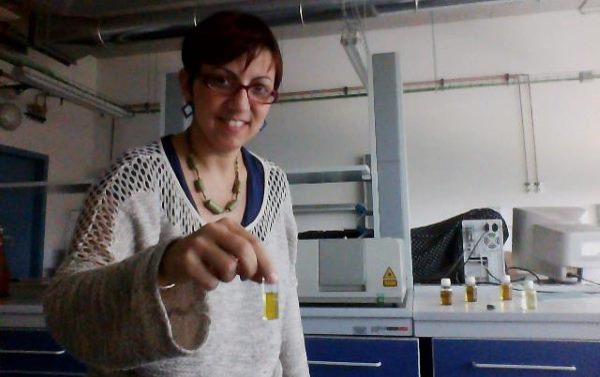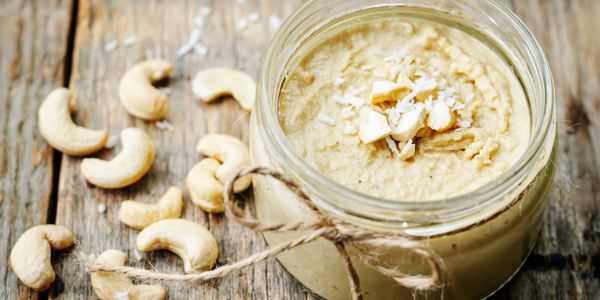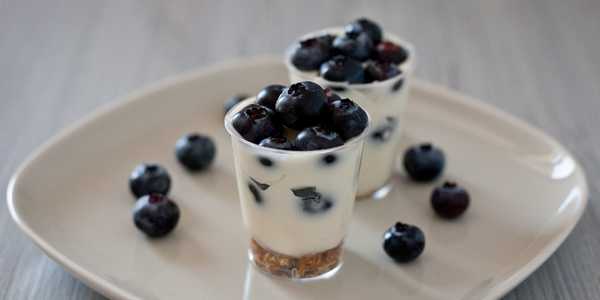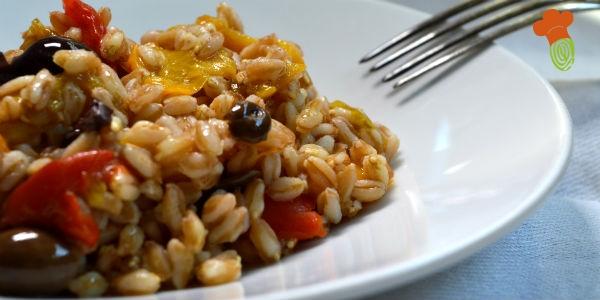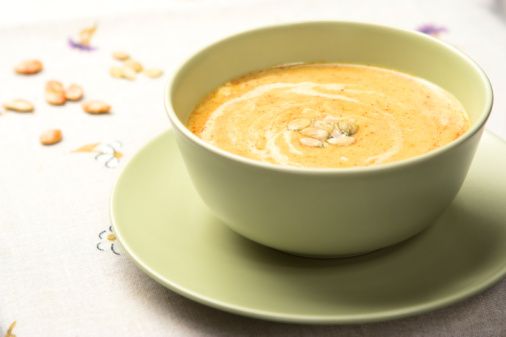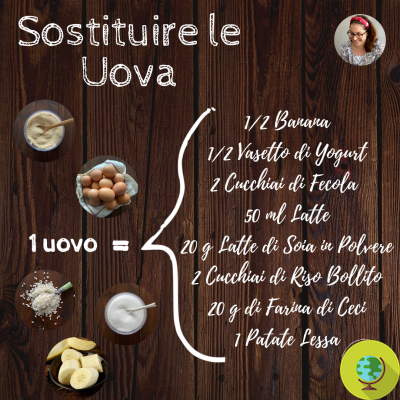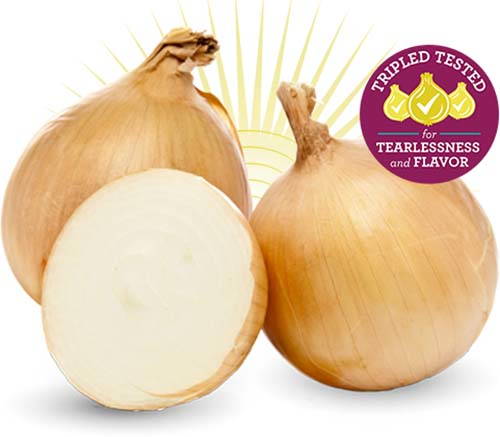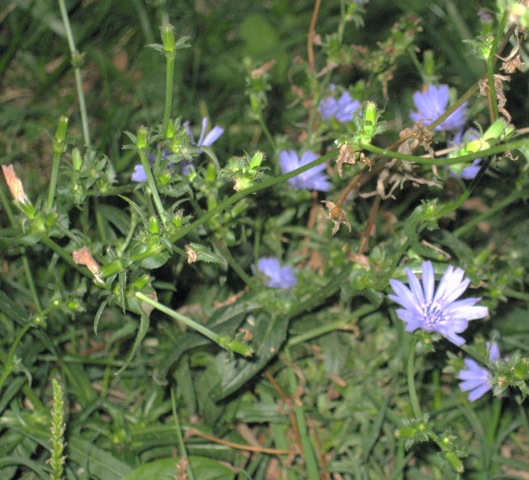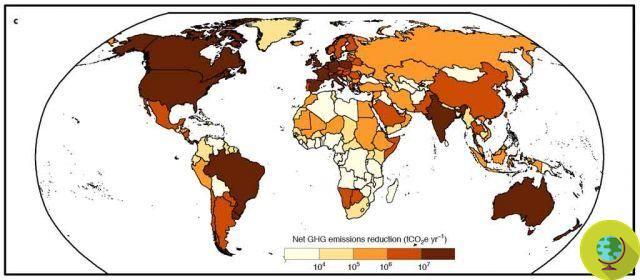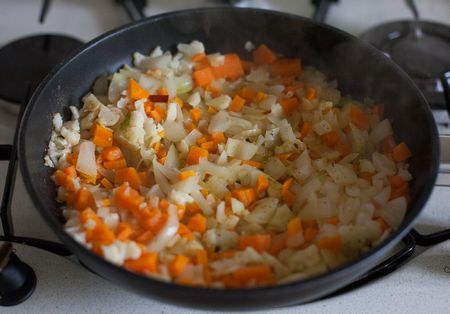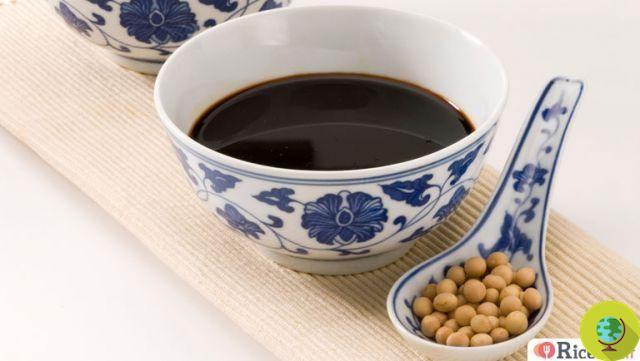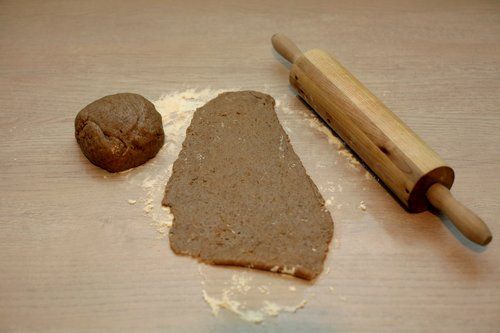One study analyzed 500 samples of mother yeast from four continents to gather new information about the microbial ecosystem they are made of and how this affects their flavor and ability to grow dough.
Don't store avocado like this: it's dangerousWhat did they find out?
The place of origin of the yeast is not relevant, instead many small variables are
One of the findings that immediately struck the researchers was that the place of origin of the yeast didn't really matter. In fact, as Elizabeth Landis, co-author of the study and PhD student, stated:
"We found that where the baker lives was not an important factor in the microbiology of natural yeasts"
But that's not the only belief the findings of this study call into question. Many users of mother yeast are convinced that specific factors, such as the place of origin but also others, are responsible for the variation of the microbial ecosystems in the different natural yeasts. In fact, the researchers said they couldn't find any single factor responsible for much of those variations.
As Angela Oliverio, co-author of the study stated:
“What we found is that many variables have small effects which, when added together, could make a big difference. We are talking about things like the age of the mother yeast, how often it is refreshed, where people keep it in their homes and so on".
The presence of acetic acid
The researchers were also surprised to see that 29,4% of the samples contained acetic acid bacteria (so called because they produce acetic acid). And, the scientists point out, those acetic acid bacteria played an important role in shaping both the aroma of the mother yeast and how quickly it grew. In particular, the presence of acetic acid bacteria slowed the growth of natural yeast and gave it a vinegar smell.
It was then seen that about 70% of the yeasts contained Saccharomyces cerevisiae, or brewer's yeast. In general, each sourdough was mainly characterized by the presence of one type of yeast, about 70 were the dominant species found in the 500 mother yeasts. So the potential for variety is huge.
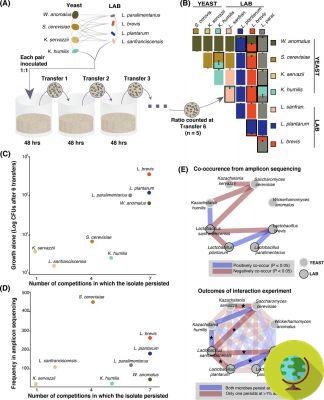
@eLife
But there is still a lot to understand and discover about mother yeast and its many types. As Benjamin Wolfe, study co-author and associate professor of biology at Tufts University, said:
“I think it's also important to point out that this study is observational, so it can allow us to identify relationships, but it doesn't necessarily demonstrate that specific microbes are responsible for creating specific characteristics. A lot of follow-up work needs to be done to experimentally understand the role that each of these microbial species and environmental variables play in shaping the characteristics of natural yeast ”.
Source: eLife / EurekAlert
Read also:
-
- Sourdough: everything you need to know about sourdough
- 12 types of pizzas and focaccias to prepare at home with sourdough
- Sourdough: 10 recipes to prepare at home with sourdough
- Sourdough: homemade natural yeast
- Gluten-free sourdough: how to prepare it and how to store it





